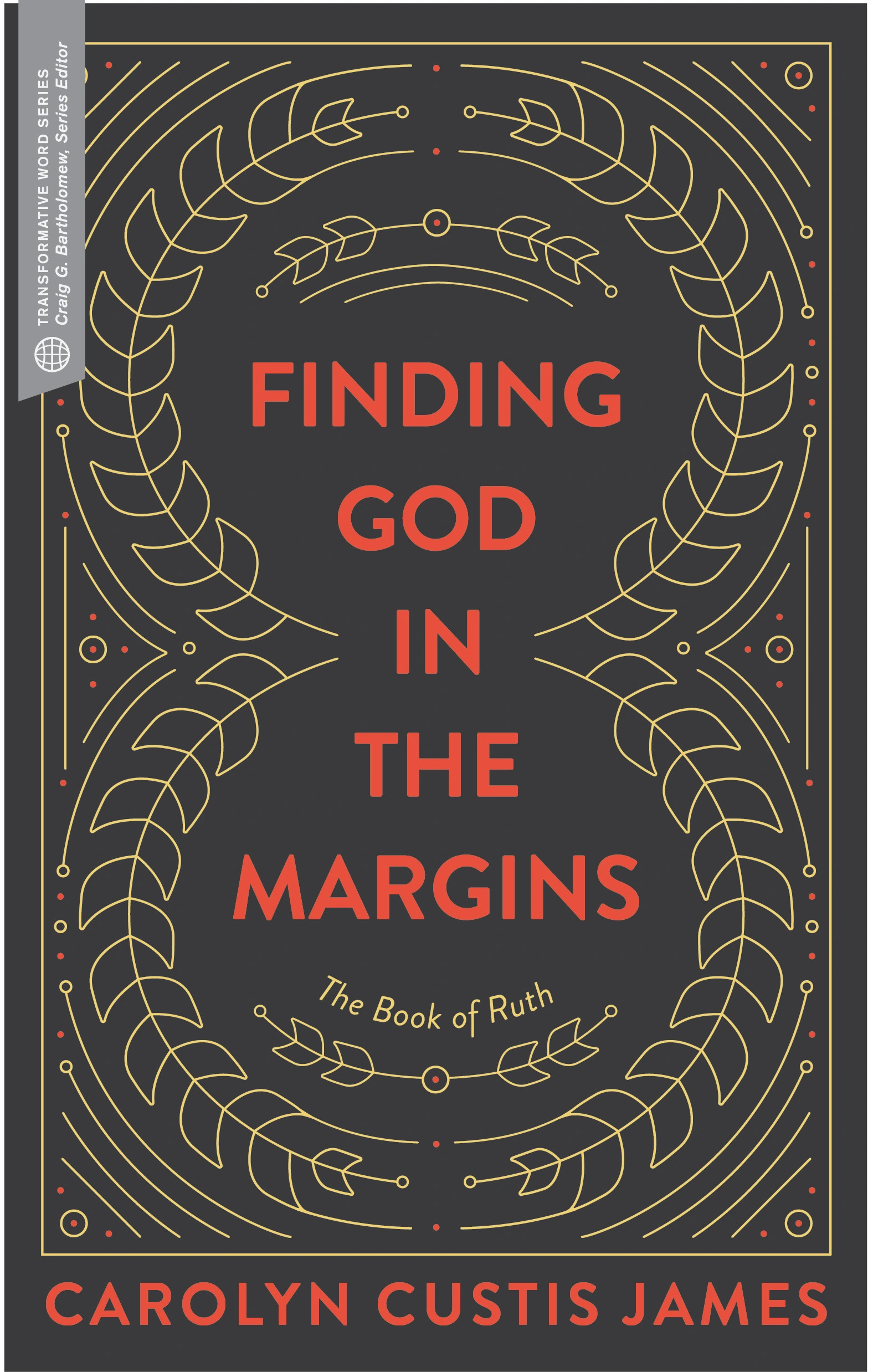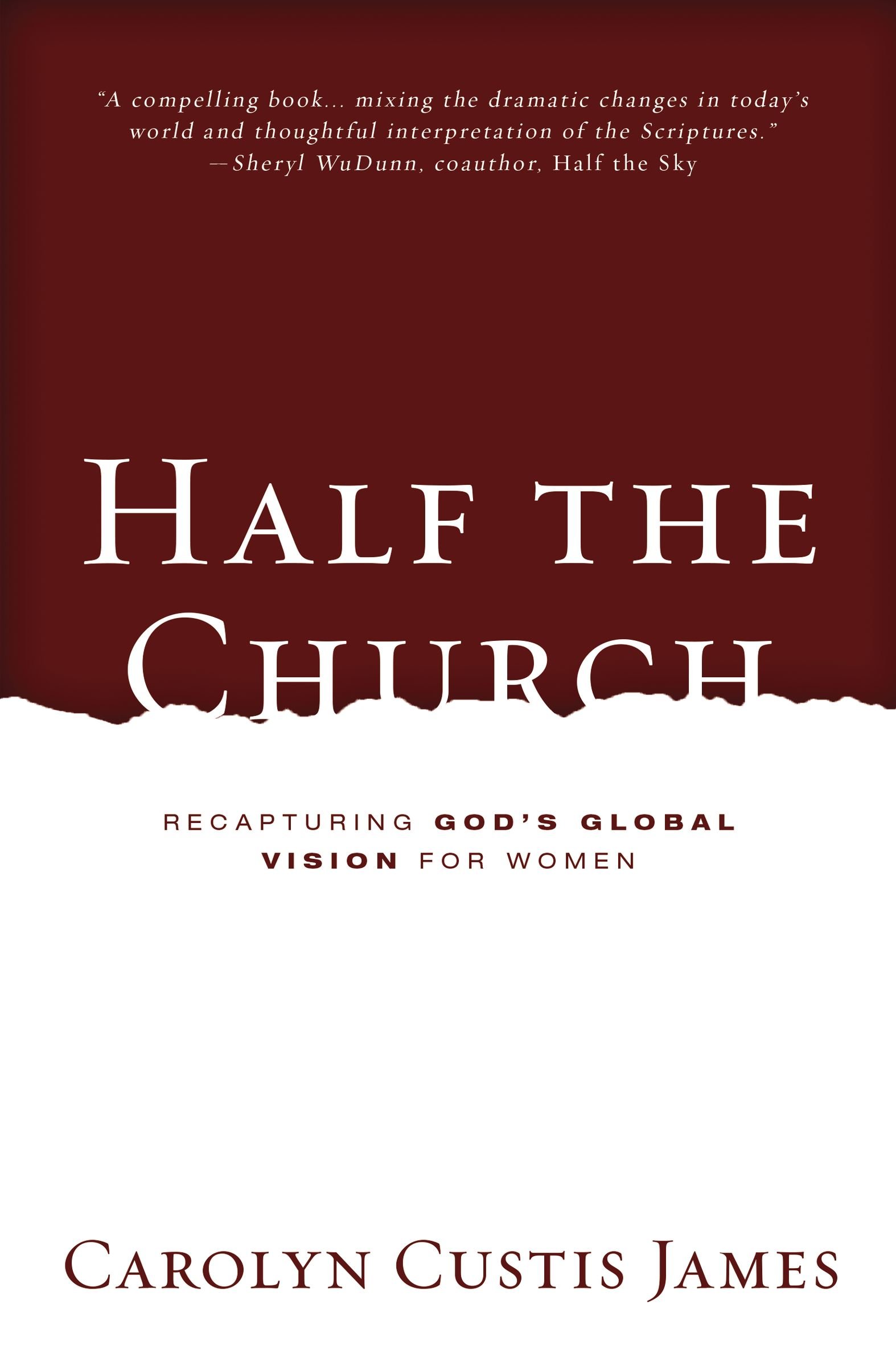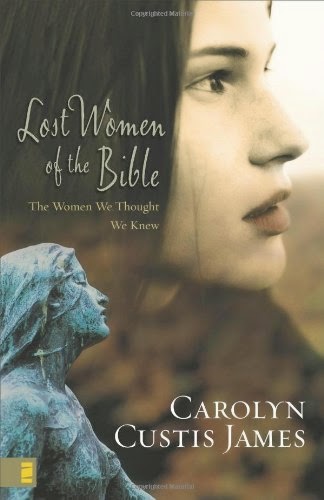 ” … when you want to change things, you can’t please everyone. If you do please everyone, you aren’t making enough progress.”
” … when you want to change things, you can’t please everyone. If you do please everyone, you aren’t making enough progress.”
Success and likeability—for most of us this is not an either/or but a both/and. We want success (whatever that means for us personally) and we want to be liked. This is true for women and men. But somehow it seems that in our culture women are perceived to give more weight to likeability (even at the expense of success).
Many will remember Sally Fields. Pundits made fun of her tearful acceptance speech at the 1985 Oscars when she won her second best actress award and exclaimed: “You like me, you really like me!” Sally Fields is an accomplished actor, but at her moment of success, all she could think about was likeability.
Maybe it is true that women prefer likeability over success.
Sandberg’s Take
“Heidi and Howard” isn’t a television sitcom, but a fascinating Harvard Business School case study comparing perceptions of men and women in the workplace. Two groups were given the same report on the successful career of entrepreneur Heidi Roizen. But on the second group’s reports the name “Heidi” was changed to “Howard.”
Results were telling.
” … while students respected both Heidi and Howard, Howard came across as a more appealing colleague. Heidi, on the other hand was seen as selfish and not ‘the type of person you would want to hire or work for.’ The same data with a single difference—gender—created vastly different impressions. … The end result? Liked him, disliked her.” (p.40)
Sandberg explains how stereotypes (men are “providers, decisive, and driven,”; women are “caregivers, sensitive, and communal” p.40) determined likeability differently for men and women. This is the “double bind” facing women: between conducting themselves according to “feminine” expectations to be liked or risking negative perceptions by doing what it takes to be successful. She argues this is yet another reason why women are held back and why they hold themselves back.
“Acting in stereotypically feminine ways makes it difficult to reach for the same opportunities as men, but defying expectations and reaching for those opportunities leads to being judged as undeserving and selfish.” (p.43)
The double bind makes it difficult for women to advocate for themselves or to negotiate as freely as men. The desire to be liked increases the incentive to avoid criticism.
To get around this dilemma, Sandberg advises women to “Think personally, act communally.” Be “concerned about others and “provide a legitimate explanation for the negotiation.” (p.47)
She took her own advice when negotiating with Zuckerberg over his offer to be CEO at Facebook. Initially she was reluctant to negotiate, “afraid of doing anything that would botch the deal”. A push from her brother-in-law who told her, “no man at [that] level would consider taking the first offer,” sent her back to the table to negotiate. (p.46)
“Of course you realize that you’re hiring me to run your deal teams, so you want me to be a good negotiator. This is the only time you and I will ever be on opposite sides of the table.” (p.46)
She also advices, when criticism comes your way, allow yourself time to be upset and then move on. And above all, for women to support one another. But that double bind is pretty stubbornly in place no matter what women do.
My Take
For me this chapter has been a difficult one to get my head around. The complexities are mind boggling. The double bind spins out is so many different directions for the Christian career woman. It impacts how she is viewed both on the job and in the church where the male/female stereotypes intensify. And men aren’t the only ones to criticize. Other women can be our most severe critics.
On the job, if a woman succeeds in her career, the hard work, sacrifices, and tough choices it took to get her there cause her all too often to be perceived and described (behind closed doors) with a word that rhymes with “itchy.” When men make the same kind of career climb, they are perceived as admirable and visionary.
In the church, that same success can make a woman seem intimidating and result in her being marginalized and underutilized. But career success will bring recognition and leadership opportunities for a man. The church also houses an ongoing tension between women in the workplace and full-time homemakers. And gender based stereotypical thinking (frequently preached as gospel from pulpits) boxes us in, impacts likeability, and hinders us from doing what God is calling us to do.
The double bind is real. The ensuing struggle can be agonizing. I know this from personal experience.
I think of myself as likeable—Frank often tells me how much he likes me. In my calling as a Christian writer, I have always sought to write in a way that is both gracious and honest (this is success for me). But that didn’t prevent me from receiving hate mail from Christians telling me I’m “unbiblical,” “hateful,” a “feminist heretic,” and that I “deny the Bible and the gospel.” (I could go on, but alas I have to finish this blog). I confess, such words sting, even though I know they are untrue. As I translate Sandberg’s admonitions into my own life, the issue is likeability and honesty. If I am honest with my biblical studies, my likeability may take a hit. If I am a “good girl” and bite my tongue, then I am more likeable.
For all the hurtfulness I have encountered, I know that I am far from alone.
A good friend who was a business executive believed God had called her to ministry in the church—not to be a pastor, just to serve. She gave up a lucrative career in the aerospace industry to follow that call. She was professional and competent with a likeable personality. But she was also a straight shooter and not at all governed by a fear of being disliked. During employment interviews with the men, she negotiated for a job title that more accurately described her responsibilities. The men were taken aback that she took herself so seriously and considered her a bit uppity (although any one of them in her position would have done the same thing). She didn’t back down and was successful. But her success dramatically impacted her likeability factor which dropped before she worked a single day. After a year of continual resistance, she returned to the aerospace industry where her strengths were valued and taken seriously.
So like Sally Fields—I want to be liked. I also want to be successful and for me, that is bound up with my call from God. When push comes to shove, the bottom line for all of us not ultimately likeability, but will I do what God is calling me to do, even if I am perceived as something that rhymes with “itchy.”
So What’s Your Take?
How have you experienced different standards for men and women? How have you struggled with the double bind? Have you been criticized by other women? What have you learned? How have you moved forward?
Lean in with your comments!
Next Wednesday, May 22—Chapter 4: It’s a Jungle Gym, Not a Ladder
Previous Lean In Posts …















I have definitely encountered this problem. I am finishing up my M.Div. right now and have had to deal with being misinterpreted as forceful and argumentative when I merely assert myself or my theological views with my peers. Friendships at seminary are a lot of hard work because the view of women is “gentle and submissive” to the detriment of one's own mind. I have to constantly remind myself why I am there and rely on mentors for encouragement. Yet a male with the same traits is viewed as strong and successful. A female friend of mine, a philosophy major, encountered the same dynamics in the course of her studies. Male peers would talk negatively about her when she excelled or received awards.
From my perspective it has been worse in the church than in the outside workplace. I have a military and government work background and I did not have to strive to be heard in those environments – particularly in the military where likeability is not an indicator of success. I was told at one point to beware of being seen as a feminist when I disagreed with popular conservative views of certain prominent voices in the church. It's even worse if a sound philosophical/logical argument is used to relay the point. It definitely wears on the identity and confidence after a while.
LikeLike
As someone who has done alot of teaching and preaching in the church, I would say that an audience will be way more likely to tolerate boring or very average teaching of a male than they will of a woman teacher. I felt that the expectations were higher for me simply because people will tolerate less from a woman leader/ teacher. That ended up being a gift, though, because it pushed me towards excellence and to becoming the best I could be.
LikeLike
I will boldly take a seat at this table even though I “don't belong,” not having drawn a paycheck since a few months after my first child was born — and having no leadership aspirations whatsoever. I take the seat because I believe this is not really a “working women's” problem, nor even a women's problem, but a problem for all. If an action, a sacrifice, a tough choice is wrong for a woman, it's probably wrong for a man, too. We need to come at it both ways: not penalizing women for doing what they must do to succeed, but at the same time encouraging men to repudiate the negative behaviors they've come to believe are essential to their own success.
LikeLike
Carolyn, this was indeed a challenging chapter to read. I, too, often err on the side of likability. I have found The Christian/church/seminary community to be more rigid with stereotypical roles for women than secular communities and the price for breaking those stereotypes is very costly. My family is very nontraditional regarding those stereotypes. I have gone to seminary, my husband has not; I preach, my husband does not; I am a pastor, my husband is not. My husband daily affirms me in my calling, he encourages me to keep going and he tries to create opportunities for me to step into my calling even more. But I can't even begin to tell you about the loneliness by being nontraditional. I have very little female friends. I often complain to my husband that they don't like me. My husband is talked to more than I am.
I tend to graciously speak up, point out inconsistencies, ask questions but I can always tell when the scale is weighing against me and in those conversations I tend to back off and say something “nice” that balances the scale.
I was once told you're from the Caribbean and you grew up in NJ, your communication style is quite “different” from ours. I'm not sure if it was a compliment but in the context this statement was made, women were not outspoken.
And the saddest part of all this Heidi/Howard theory: criticisms coming from other women. When other women see you as unlikable, nothing you do will ever be good enough. You're marked! It's almost as if you being you, make them less.
This is indeed a double bind for women. How do we win?
LikeLike
These questions are so loaded! How have you experienced different standards, one could say how haven't I? Early in my career pursuing management in banking I applied for a management position. I was young and ambitious. I studied hard! A woman friend counseled me what to wear and so I prepped, studied and felt I had done my homework.
I walked into the interview. It was a man that I had often brought loans for approval. He took one look at me and said, “You got the job.” Now, on one hand I felt great relief to not face an inquisition, but on the other hand I wondered was he more pleased with my appearance or my ability? I knew I had the qualifications, yet I secretly doubted my worth given the lack of any real conversation. There is a double standard in this. When I returned to the field after raising my daughters, I observed a harem of sorts. All the women in my department were young, gorgeous and wore incredibly revealing clothing. Sex was what sold. I can go on and on with this, but again if a woman tries to be present herself as something other than an object, she is then often “itchy”. This is even more complex and painful in the church.
My experience with other women is that they can be my worst enemy. Trusting in our sisterhood means nothing if it can get them ahead. I often think of the genital mutilation that is still exercised in other countries. With irony we do it here on more subtle levels. I have found women to be quite treacherous. I am saddened by this reality, but also have some amazing sisters who have been such a constant source of love.
What have I learned? Still engaged in this one. A good friend is a true treasure. A God who delights in my femininity and rejoices in my reflection is a truth I often bank on! What is true is not often what is seen in our world, but it makes it no less true.
Moving forward? Day by day discipline! One step in front of the other, focusing on what is true, purposing to live what is true, despite the negativity, despite the unlikeability, despite the pain. Very hard work. Grateful for the example of other women, the gift of brothers who are there and a God who continues to breath life and hope.
LikeLike
I'm empathizing with all these comments. And, like others of you, the most awkward, conspicuous, and insecure feelings I experience are at the hand of church leaders who smile tight-lipped, condescending smiles when I speak from a vantage point of professional expertise and true care for the church. And Tracy is right: a man doesn't need to come with half the competence that a woman must bring in order to be heard.
Outside of the church, though, the same thing plays out. I'm not sure how an ecclesiastical setting would be disrupted by the following scenario, but perhaps the most interesting twist I've seen happened while I was in graduate school. A young woman in my doctoral program was a very masculine lesbian. Because of how she dressed, carried herself, and spoke to others, nobody looked at this woman like Lori's employer looked at Lori. She was not sexually objectified. She performed masculinity, and she was taken seriously as an intellectual. She was brilliant, complicated, and articulate. But so were some of my colleagues in skirts, who were perceived as whiny and less competent. My point is this: It's not only our anatomical womanhood that binds us professionally. It's really our femininity. We may not combine femininity and assertiveness. It is still, as unbelievable as it may seem, just too much for our culture to process.
I'm really not finished working this out in my own life. I know now at 36 that I care far less about others' impression of me within the church than I did at 26. I think that's good for my mental health, but I'm not sure that it makes me any more effective. My skirt and my ideas still create a problematic pairing.
LikeLike
It's very interesting when I am asked in generic assessments whether I prefer to be “liked” or “respected.” When the votes are all cast, it seems that most men staunchly prefer to be respected while most women strongly prefer to be liked. I think that traces back to being comfortable with one's sense of “competence.”
As Sheryl asserts repeatedly, she's often kept her competence under wraps — perhaps more the public acknowledgements of it (e.g., awards) than the fact of it, whereas men would rarely do that. Competence always plays itself out in a pecking order and men respect the guy further up the perceived competence chain, even if they truly don't like him. Respect is the major coin of their realm. They may also like a guy whom they do not respect and when the chips are down they do not want to be tied to him in a public sense. That is threatening to them because it may engender less respect from the other guys in the chain.
Women, on the other hand, rarely speak of having respect for another woman no matter how obviously competent she may be (especially if they don't like her.) To merely talk in terms of competence and respect seems threatening, if not foreign, to many women. So when highly competent women repeatedly fail to take a seat at the table or keep our hands up, we always cease to garner the respect of men albeit we may be better liked by both genders. Since one is rarely promoted because of high likability, we “well liked gals” are then set aside to play a different game. No one enjoys being disliked, but I, for one, pragmatically choose graciously but determinedly to try to earn the respect of the men in our men's world and if some women — or men — don't like me for that, it's too bad. I certainly like and respect myself much, much more that way. Self respect (what I think of myself) is the major contributor to self-esteem along with, secondarily, self-worth (what others think of me). When women rule the world, we can reexamine the guidelines for what facilitates “success” in terms of pay, responsibilities and interesting opportunities. In the meantime, friends, likability is not primary grease for the wheels! And until we suck it up and pray God will just help us get over this likability issue as individuals, we won't ever get enough women in the seats of power and responsibility to change the dynamic.
LikeLike
A line from a British period drama set in the 1800's…”She is a very intelligent girl, but she lacks the cleverness to hide it”. I don't think this thinking has changed all that much in 160 years.
LikeLike
I thought Sandberg's comment was very astute, “Because we characterize men and women in opposition to each other, professional achievement and all the traits associated with it get placed in the male column.” This is a very telling reason why Carolyn's “blessed alliance” needs to make inroads. Unless and until women are seen as an essential part of the mission, whether in the church or in secular vocation, along with all our female ways of being and traits, we'll always be evaluated negatively for those things that make us succeed in our calling.
LikeLike
Different standard? I have earned respect and a voice in my church by working hard, demonstrating my gifts and leading with excellence. I would never have been awarded this if I had taught and led meetings with the same mediocrity I see in some male leaders and teachers.
One former elder admitted to my husband that I am the most gifted leader in the church while at the same time, he rarely engages me in conversation and seems uncomfortable around me. I have also heard snide remarks that I “run the church” although no one has admitted to not liking me to my face.
I agree with Carolyn that obeying God's call is my goal, not being liked. Like Sheryl, I cry and give the pain to Jesus, then try to move on. However, I have to admit that I have still played it pretty safe and not yet challenged the accepted doctrine of my church. When I do that, being disliked will likely become a bigger issue.
LikeLike
This post felt like a hit-and-run to me since I published as I was packing up and leaving for France and missed being part of the discussion until now.
But what great comments—important dimensions of the same issue. Really sheds light on reality for women in leadership, especially on Christian organizations and churches.
If you haven't read them all, I hope you will.
Although I agree the double standard is unjust and rankles, I also agree with Tracy that it serves to motivate as women rise to the challenge. And they do! Better to be held to a higher standard than a lower one.
The point both Pamela and Karen make is central to this whole discussion—that what we bring to the table as women (not to imply sameness among women) gets lost both to us and to the men around the table if we have to somehow blend into the masculine ethos. Defeats the whole purpose by diminishing or blocking the benefits.
LikeLike
Thank you for your reflections. From the first hearing of Sandberg's book and subsequent interviews her words resonated but I was surprised at some of the discussions and negativity around her evaluations. I thought she was on the right track generally. I had not visited your blog recently and was glad to see this conversation being held.
LikeLike
Linda,
The criticism was surprising, I agree. Especially after reading what Sandberg actually says. She is clearly mindful of the institutional barriers that hold women back, but focused on significant ways we hinder ourselves. Both sides of the issue are important, but not every book is going to sing the same song.
LikeLike
Pingback: Beware of Labels | Carolyn Custis James